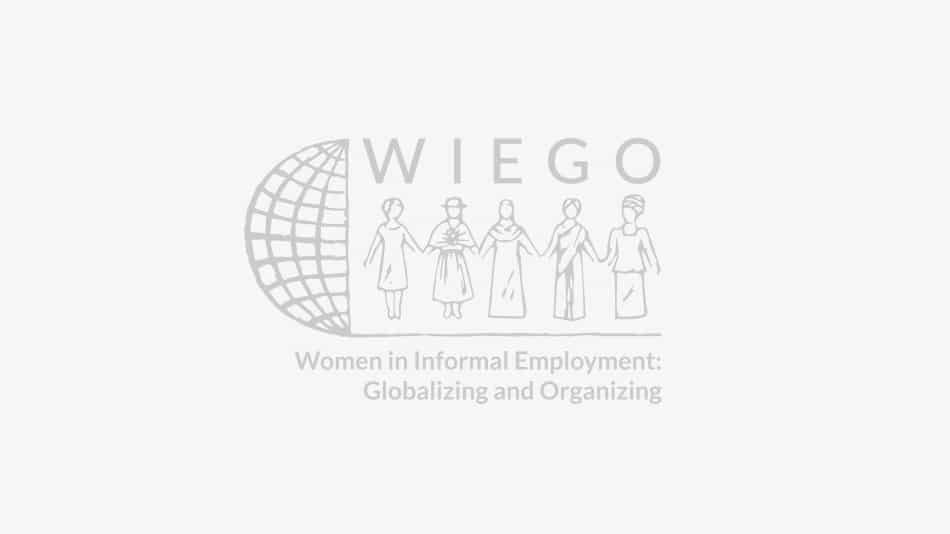In Ghana, Kenya and Uganda, about 7,000 home-based fair trade producers received training in areas ranging from leadership to record-keeping, from marketing to governance. But the Leadership & Business Skills for Women Fair Trade Producers was built on a sustainable model so knowledge would continue to spread.
 Cascading Training
Cascading Training
Leadership & Business Skills for Women Fair Trade Producers, part of WIEGO's Securing Economic Rights for Informal Women Workers (2012-15), used a cascading approach to training that dramatically increases the number of women it will reach. In Ghana, Kenya and Uganda, WIEGO’s partners reached about 7,000 women with training in areas ranging from leadership to record-keeping, from marketing to governance.
It works like this: a small group of experts are trained in each organization; they train local facilitators, who in turn train women in their own communities. In Ghana, Kenya and Uganda, WIEGO’s partners reached about 7,000 women with training in areas ranging from leadership to record-keeping, from marketing to governance.
But while the project has ended, this is only a beginning. This method of knowledge-sharing creates sustainability so women can continue passing along the skills and concepts.
Also, an online resource has been developed to export the flexible, broad-based training to other African countries.
Does cascading training in development work? Read the blog post at Make Every Woman Count.
The training regime respects organizational, economic and cultural realities. Although training always focuses on women’s legal rights, leadership and business skills, organizations have customized it. The coffee coop Gumutindo, for example, trains its women coffee growers to improve their farming practices, while KEFAT and UGAFAT have trained handicraft producers in product design and quality assurance.
Customization can also mean translation into local languages, and addressing local culture and custom. In these very traditional communities, where husbands maintain a stronghold on household power and land ownership, some organizations have found it helpful to invite men to a session to help them see the benefits of women’s economic empowerment.
Mabel Addy, head of Research and Development at Ghana’s Kuapa Kokoo, a fair trade cocoa cooperative, explained that community facilitators often bring new ideas and information for content during their training. After the training session, these new ideas were rolled into the materials before manuals were distributed to community facilitators.
Online Training Resource Makes an Ongoing Legacy
A training package was developed by WIEGO and the project partners as a lasting legacy of the project.
Combining the best practices from the three project countries, the online resource consists of seven modules focused on women’s leadership, governance and business skills (including clear, accurate record keeping, marketing and quality assurance). The project emphasizes this bottom-up approach that utilizes local expertise and a participatory process.
The result is innovative, creative material captures the voices of the informal producers in Africa who took part in the project.
Training Manuals: Developing Leadership & Business Skills for Informal Women Workers in Fair Trade
- Introduction & Training Module 1: Understanding Gender and Employment Relations
- Training Module 2: Understanding Women's Economic and Social Contribution to Effective Poverty Reduction
- Training Module 3: Promoting Democratic Participation and Accountability
- Training Module 4: Enhancing Financial and Business Management Skills
- Training Module 5: Understanding the Market
- Training Module 6: Quality Management Systems
- Training Module 7: Improving Innovation and Production Techniques
